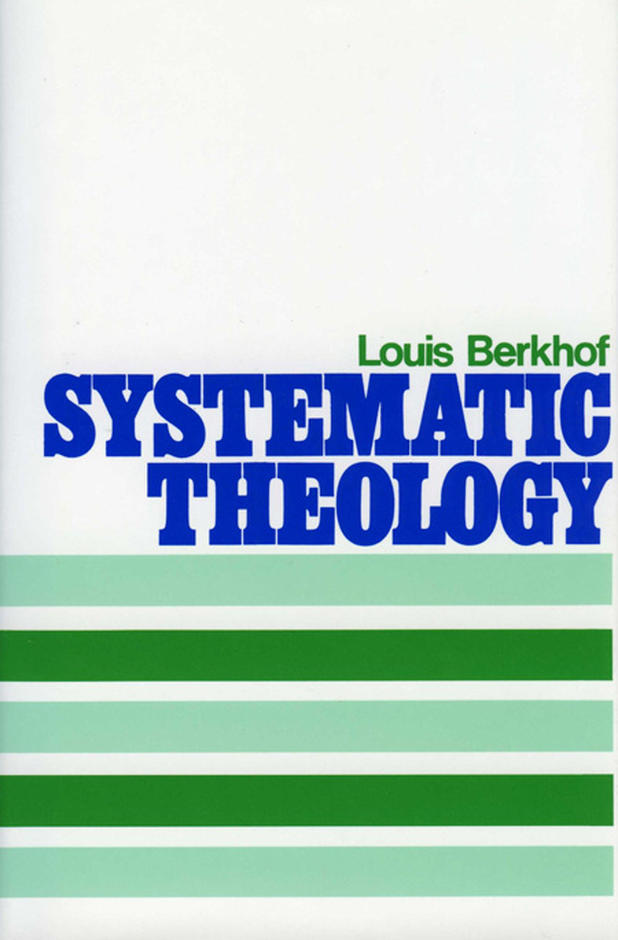ChrisJuloya
Puritan Board Freshman
Hi,
I'm fairly new here in PB and have been blessed by the discussions. I think that is one of the reasons why I registered. I have read a lot in the forums about which ST to have and what is the best ST to have and all the other possible combinations, and I have gained a lot of knowledge from these threads just by reading your discussions.
However, I have not seen this question yet (if there is a thread regarding this, maybe you could point me to the thread please?), if you were to choose just one of these two heavyweights, which would you choose and why? Institutes of Elenctic Theology or Reformed Dogmatics. I also do somewhat consider Vos' Reformed Dogmatics, but if it was for a 3rd ST, I'd like to choose from the two above.
To give you more of an idea of what I have and read, I am about to finish Calvin's Institutes (currently to start on the chapter on the Lord's Prayer) and would have Berkhof's ST next.
Thank you all in advance for your answers and thoughts.
Grace and peace.
I'm fairly new here in PB and have been blessed by the discussions. I think that is one of the reasons why I registered. I have read a lot in the forums about which ST to have and what is the best ST to have and all the other possible combinations, and I have gained a lot of knowledge from these threads just by reading your discussions.
However, I have not seen this question yet (if there is a thread regarding this, maybe you could point me to the thread please?), if you were to choose just one of these two heavyweights, which would you choose and why? Institutes of Elenctic Theology or Reformed Dogmatics. I also do somewhat consider Vos' Reformed Dogmatics, but if it was for a 3rd ST, I'd like to choose from the two above.
To give you more of an idea of what I have and read, I am about to finish Calvin's Institutes (currently to start on the chapter on the Lord's Prayer) and would have Berkhof's ST next.
Thank you all in advance for your answers and thoughts.
Grace and peace.
Last edited:

